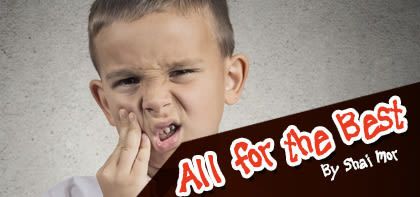
All for the Best
If we only focus on isolated painful events in our lives we lose focus of the big picture, the ultimate good that Hashem is preparing for each of us; that's the big picture …

The shtetl of Kokush was like many other small Jewish towns in White Russia. Moishe was a hard working farmer with strong emuna (faith). He and his wife, Shprintza, ran a farm to the best of their abilities. They had one child, Shlomo, who did his best to help his parents. As his thirteenth birthday was approaching, he started to prepare for his bar-mitzvah.
Moishe did not have much livestock: two horses, a cow (for milking) and some chickens. One day, Moishe came back home from the town shul (synagogue) and, after having his morning bread and water, set out to start his morning chores. To his surprise, his two horses were nowhere to be found. He searched the entire premises of the farm to no avail. He walked to the center of town and asked the local shopkeepers. No one had seen his horses. The word spread through the small town. Moishe had lost his horses! “Oy! Poor Moishe!” said Michoel, Moishe’s closest friend. Moishe did not only use the horses for tasks on his farm, but would supplement his meager income as a wagon driver for hire. He was just scraping whatever extra kopeks he could in order to pay for Shlomo’s bar-mitzvah celebration. Also, Michoel knew that Moishe would not be able to make ends meet as things stand today without the  additional income from those horses.
additional income from those horses.
Moishe’s friends came to console him later in the day when they saw him at the town’s mincha minyan (the afternoon prayer service). Moishe just said, “Hashem has a plan for every one of us. Everything Hashem does is for the very best. It’s not the end of the story.”
The next day, Moishe’s two horses came back home to the farm. Following them was a beautiful wild horse with no markings of ownership. Moishe told Michoel what happened. “Hashem is so kind to you, Moishe!” said Michoel. “Not only did He return your horses to you, he gave you another horse!”
Moishe was very happy and greatly thanked Hashem with all of this heart. He turned to his friend Michoel and said, “Hashem has a plan for every one of us. Everything Hashem does is for the very best. It’s not the end of the story.”
The next day, Shlomo decided to check out the new horse. It would take a lot of time and effort to train a wild horse. It was a beautiful, strong steed. Moishe could be paid just for breeding it. As Shlomo inspected the horse, a crazy idea entered his twelve-year-old mind. Without further thought, he mounted the steed, grabbed its mane and kicked his heels into its sides. This was the first time that Shlomo tried to ride a wild horse and probably the first time someone sat on this horse’s back. The wild horse did not take kindly to Shlomo’s intrusion. He kicked and flailed about wildly. Shlomo tried hard to hold on but soon found himself flying in mid-air. As he landed, his legs smacked into the corral fence. Shlomo wailed so loud that half the town heard him. Upon hearing his cries, Moishe and Shprintza rushed over to their son. Moishe quickly mounted one of his trained horses and rode as fast as he could to bring Dr. Hirsh to the scene. Twenty minutes later, Moishe returned with Dr. Hirsh. The doctor inspected Shlomo and quickly realized that both of his legs were broken. Dr. Hirsh gave Shlomo something to sedate his pain and skillfully set and stabilized his legs. A few minutes later, Michoel ran over to the farm to see if Shlomo was all right. The news had spread all over town about Shlomo’s injury. “Oy, nebach!” cried Michoel as he sighed. “Poor Shlomo! What will be of him?! What will be of the bar-mitzvah? How will he read from the Torah like this?!”
Moishe patted his friend on the back and just said, “Hashem has a plan for every one of us. Everything Hashem does is for the very best. It’s not the end of the story.”
Many of Moishe’s neighbors came by to visit Shlomo and console Moishe and Shprintza. Moishe would just say to his neighbors, “Hashem has a plan for every one of us. Everything Hashem does is for the very best. It’s not the end of the story.”
The next day, the Czar’s army rode through town. Sadly, as was common in White Russia at that time, the Czar’s army would come to Jewish towns to take cantonists (young Jewish boys who were taken by force from their families to serve in the Czar’s army and were thereby stripped of their Judaism). All of the town’s boys ran into the woods as fast as they could to hide and avoid being taken. They knew what to do as soon as they heard rumors that the Czar’s army was coming to town. Well, all of them except for Shlomo. Army officers found him in bed with his two bandaged legs. Dr. Hirsh came as soon as possible to plead with them to leave Shlomo alone. They were not satisfied that Shlomo’s legs were broken until Dr. Hirsh removed Shlomo’s bandages and they saw his black and blue legs with their own eyes. “This one is crippled. He will be of no use to us!” the officer said. “Leave him alone and search the woods!”
Moishe and Shprintza sighed in relief and said a heartfelt prayer of thanks to the Almighty and prayed that the other boys would also be saved from the clutches of the Czar’s army. Moishe turned to Michoel and with a heavy heart said, “Hashem has a plan for every one of us. Everything Hashem does is for the very best!”
Sometimes we are like Michoel, focusing on the trees instead of the forest. If we only focus on isolated, painful events in our lives we lose focus of the big picture. How much good has Hashem bestowed upon us for every breath, for every second of life. We do not know how this one occurrence fits into our lives. Moishe knew to look at the entire story, the grand scheme of events. It’s not the end of the story. Remember that there is a big picture that is beautifully orchestrated for our best. Remember how much good Hashem does for us and never ever lose hope!


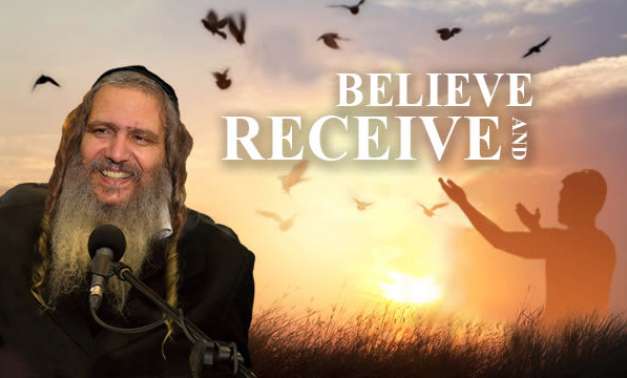

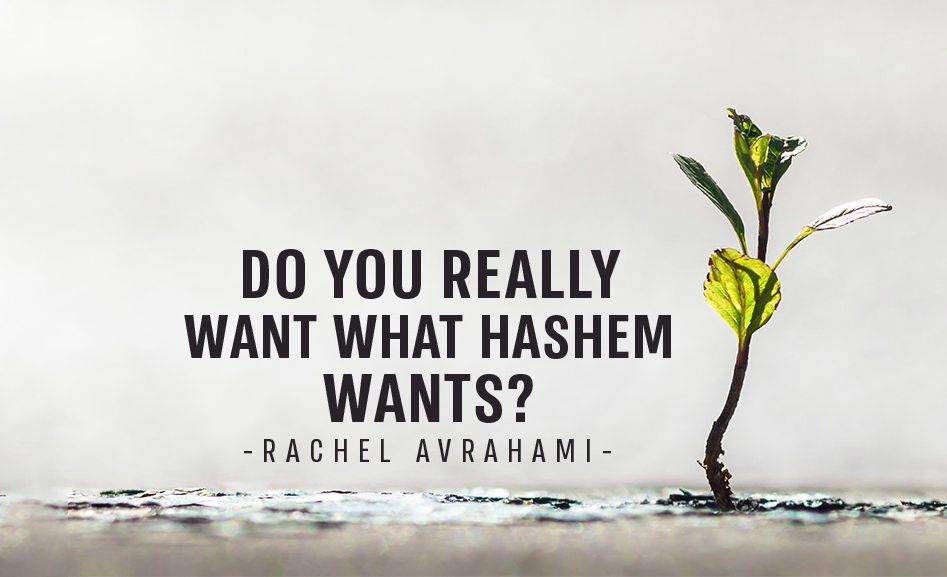
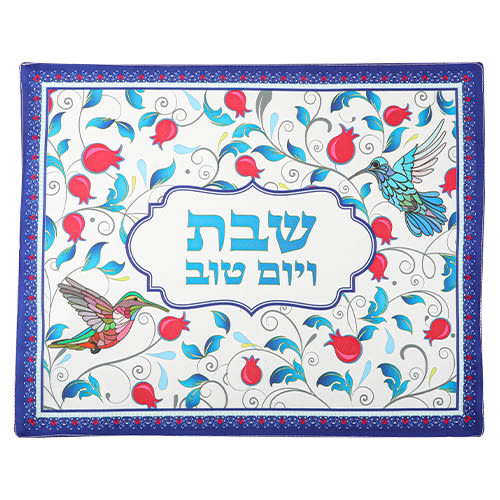

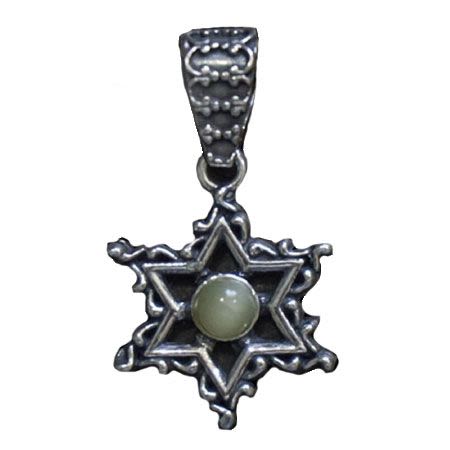
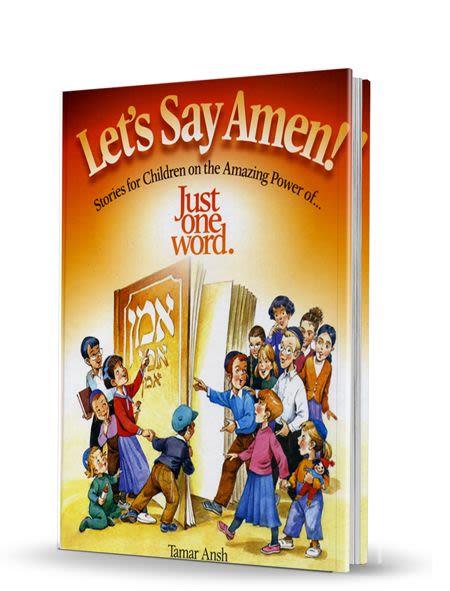

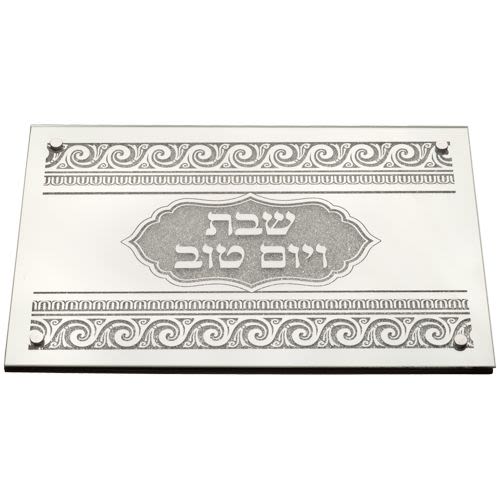
Tell us what you think!
Thank you for your comment!
It will be published after approval by the Editor.